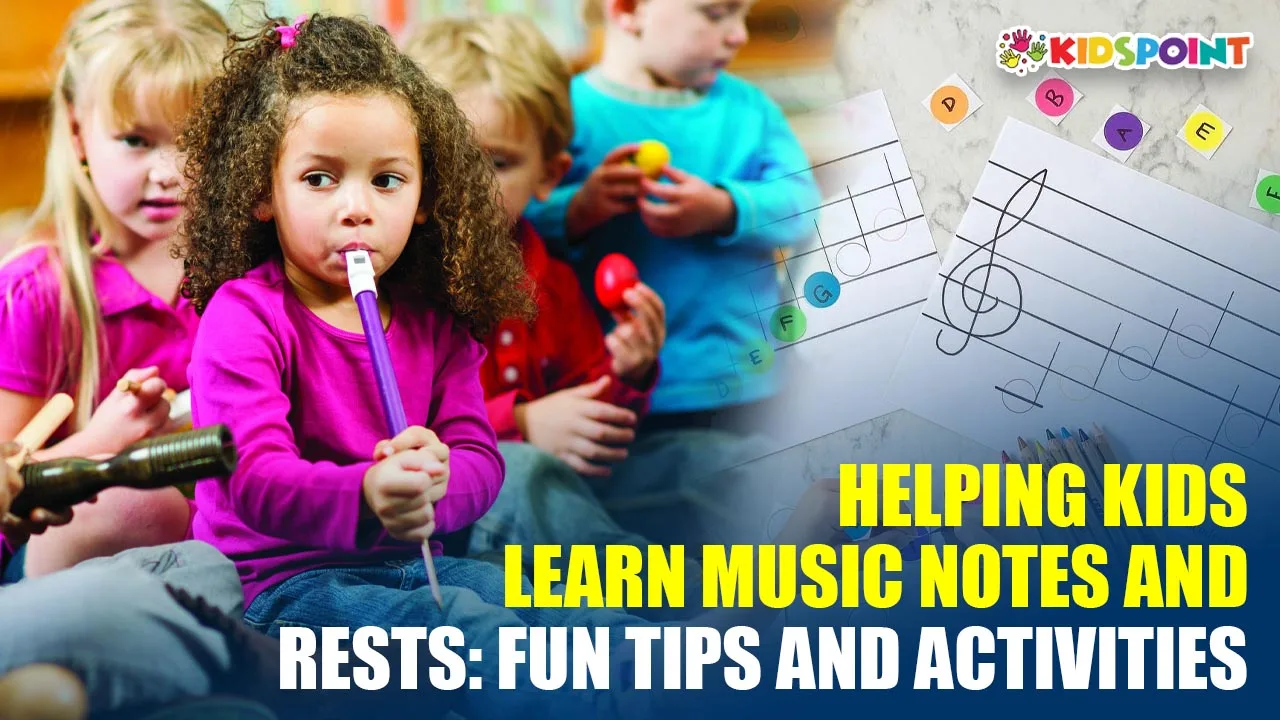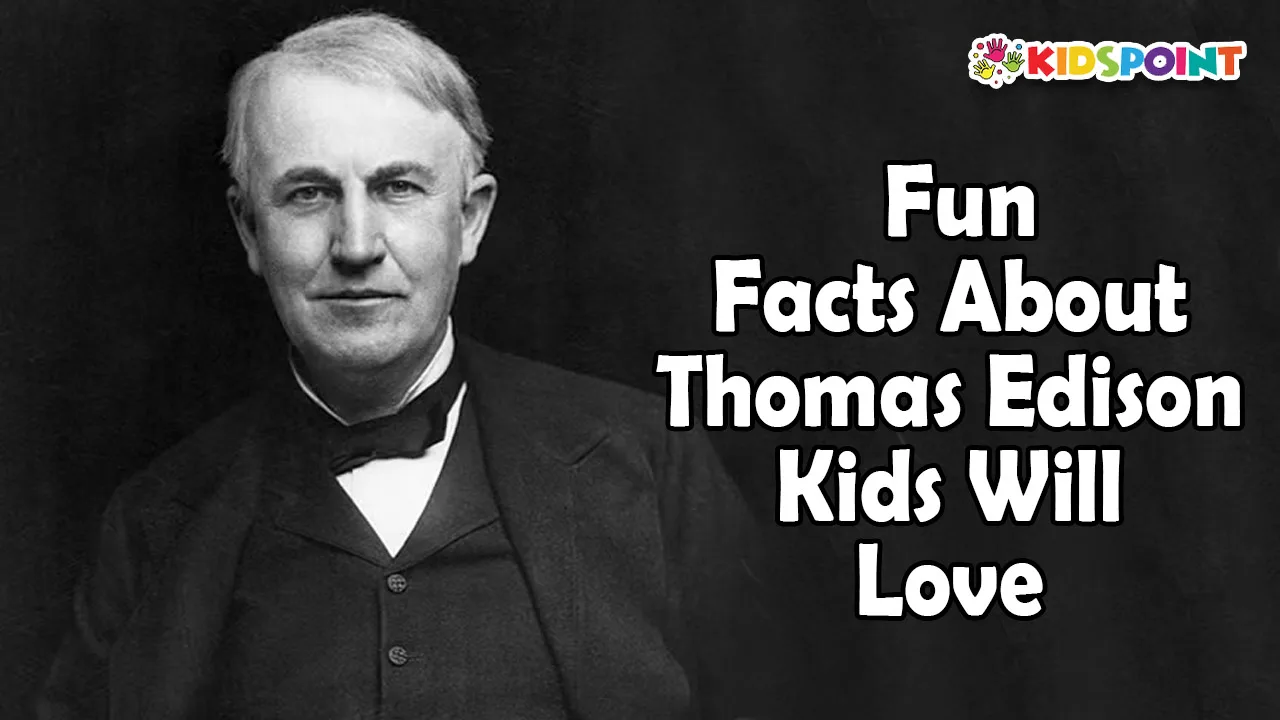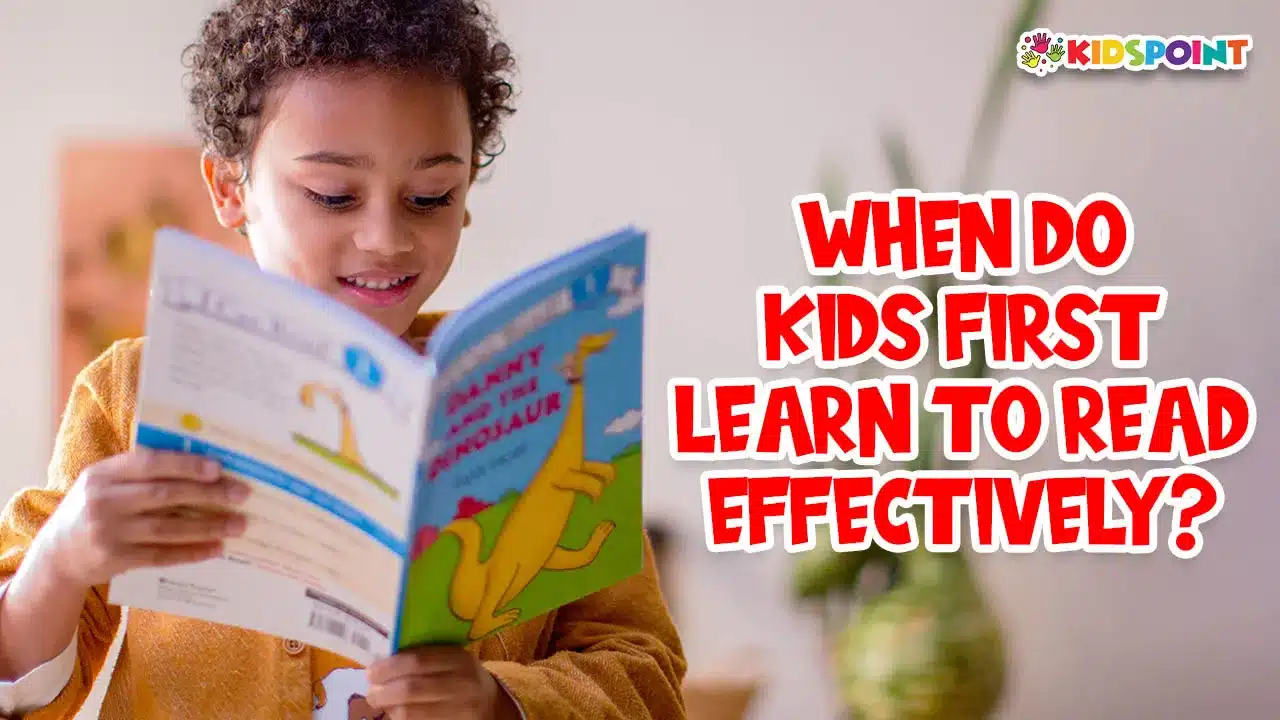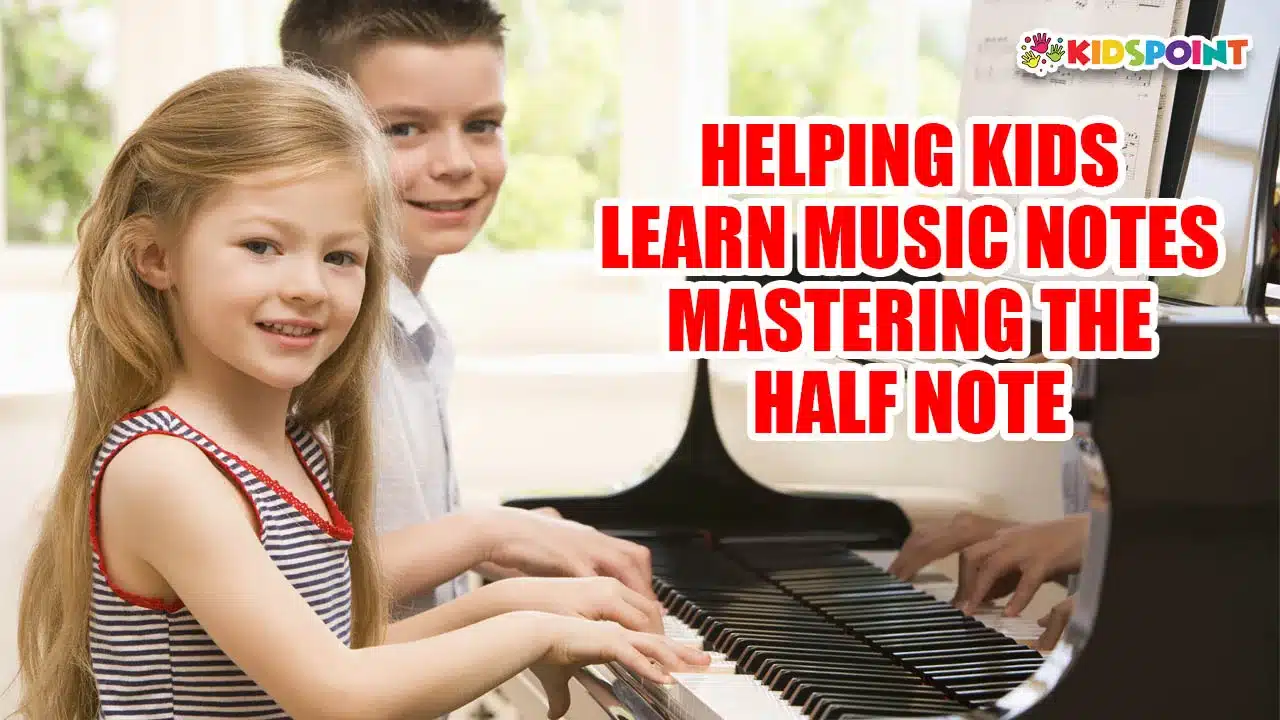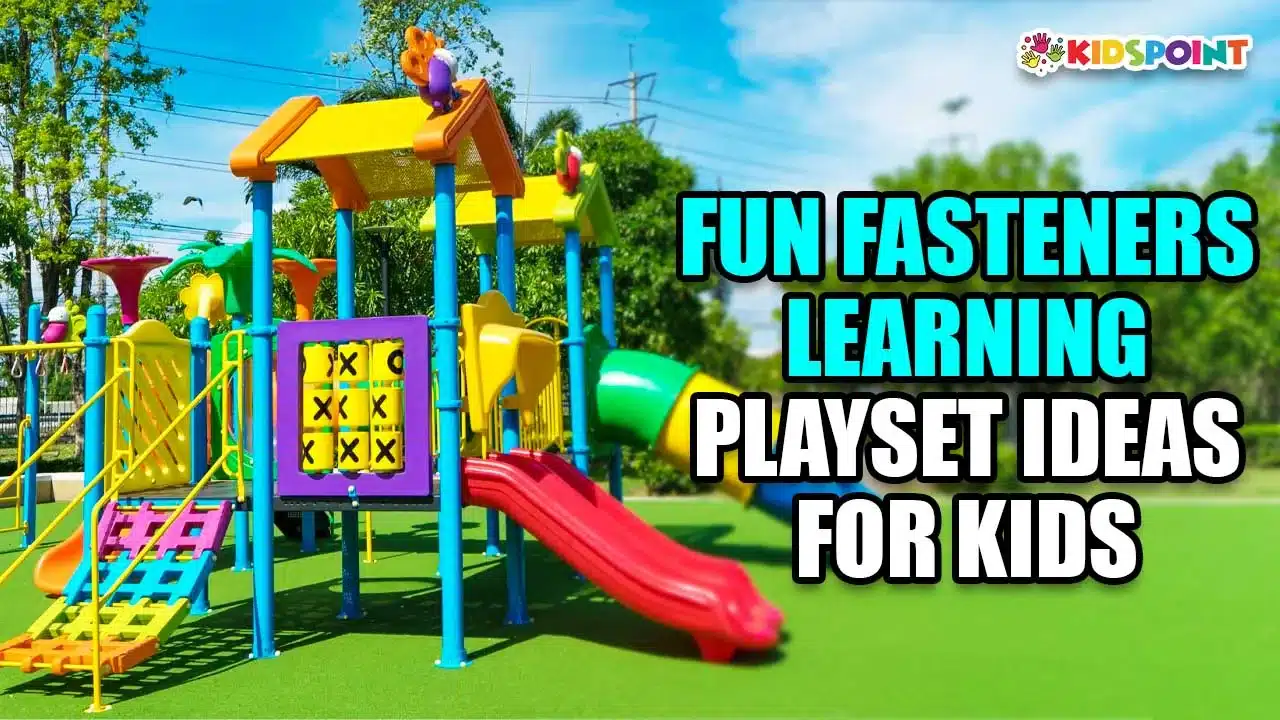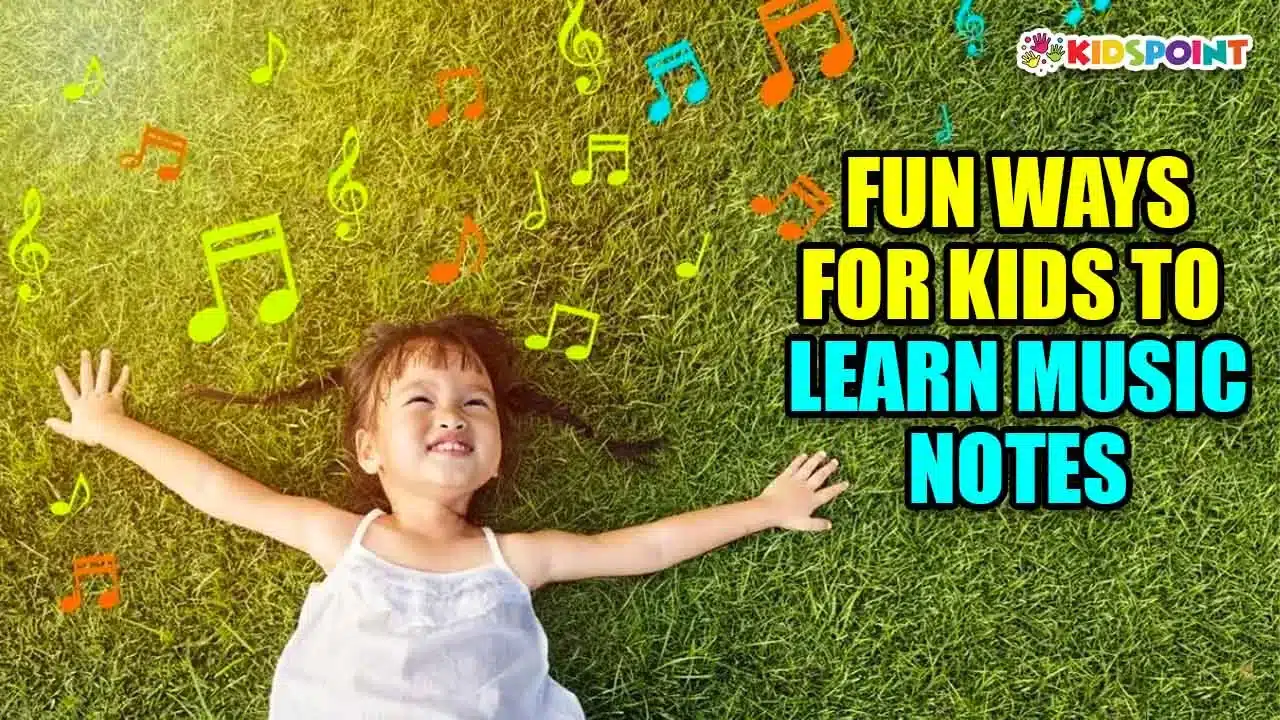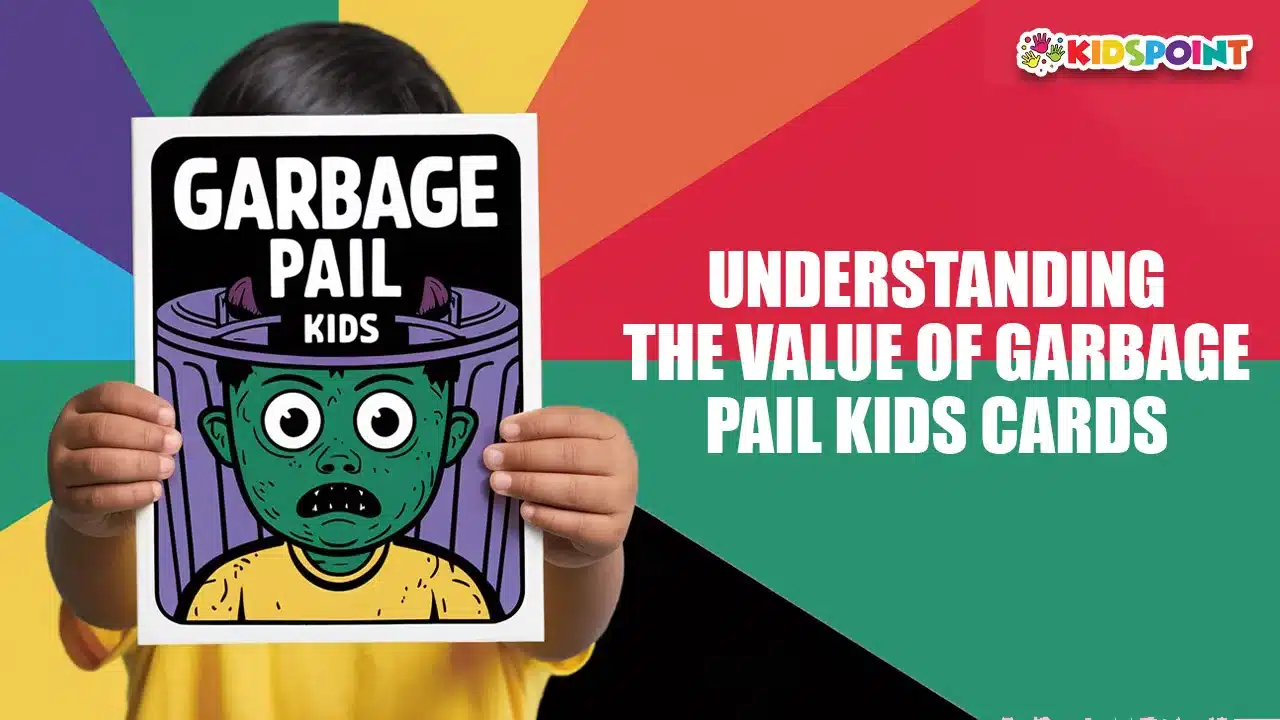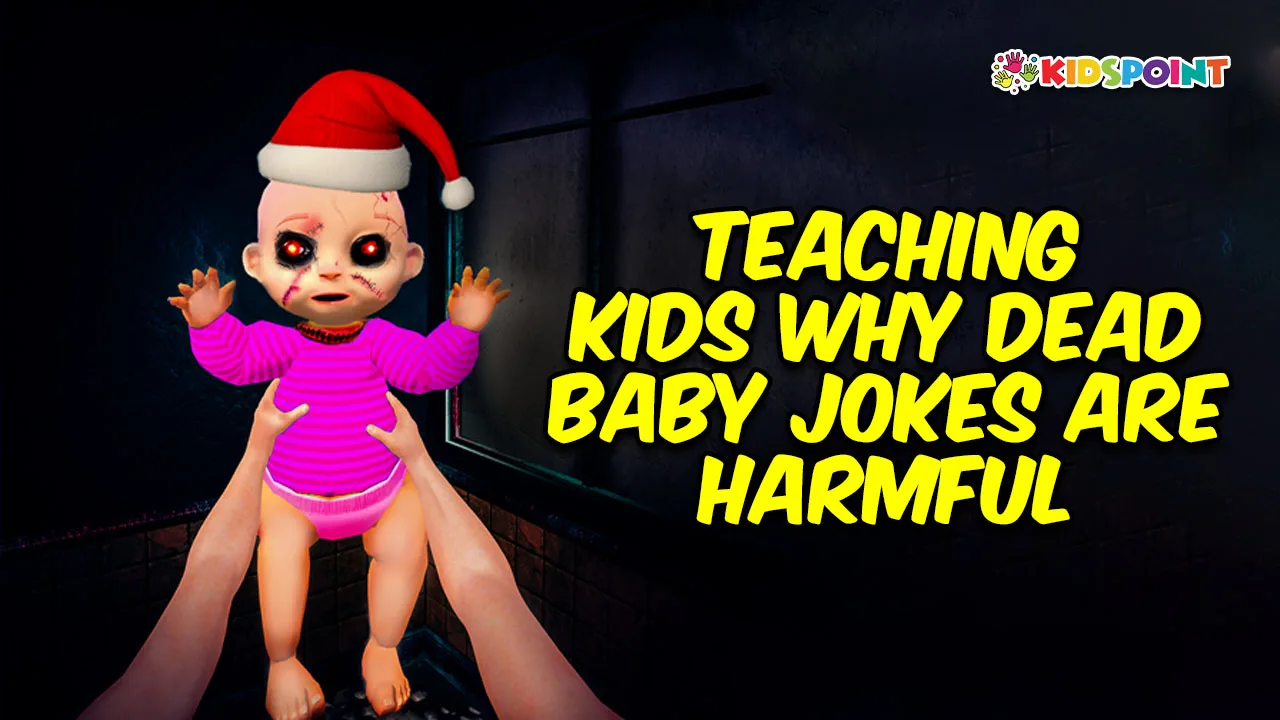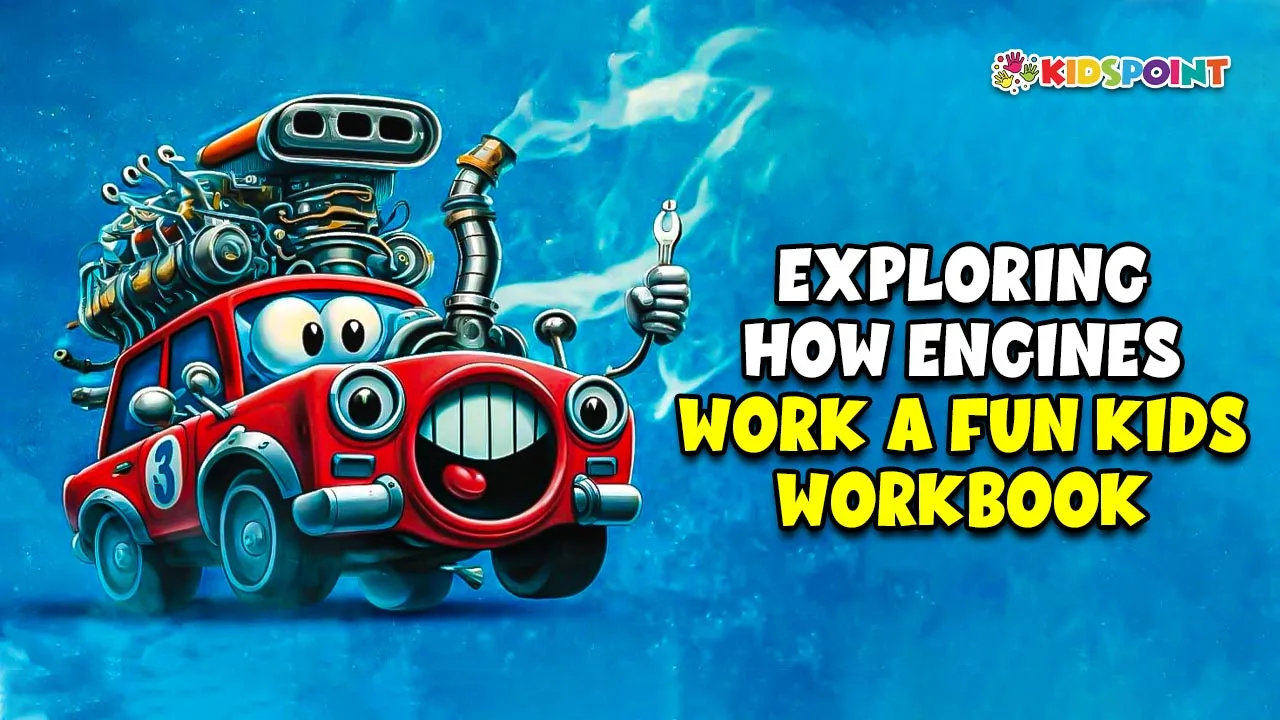We believe that teaching kids how to manage money from a young age is one of the most valuable lessons a child can learn. In today’s digital world, where financial transactions are often made with the tap of a button, it’s important for children to develop good financial habits...
As kids grow older and begin engaging in more structured forms of reasoning in school, they are often introduced to logical fallacies. A fallacy is a flaw in reasoning that undermines the logic of an argument. Learning how to recognize and understand fallacies is crucial in developing critical thinking...
Teaching children to read music notes and rests is a rewarding journey that introduces them to the language of music. While the process can be challenging, combining engaging, age-appropriate methods with fun activities ensures that kids stay motivated and build confidence. This guide from The Kids Point explores creative...
Thomas Edison was one of the most famous inventors in history. Known as the “Wizard of Menlo Park,” he created over 1,000 inventions that changed the world forever. From his groundbreaking work with electricity to his phonograph and motion picture camera, Edison’s story is full of fun and surprising...
In today’s busy world, keeping kids engaged with the Bible can be challenging. Between school, sports, and screen time, sparking excitement for faith can feel tough. But Bible devotions don’t have to be dull or hard to incorporate. Fun, interactive, and creative devotions can ignite a lasting passion for...
Learning to read is a transformative milestone in a child’s development. It opens the doors to lifelong learning, creativity, and understanding of the world. However, the question of when kids first learn to read effectively doesn’t have a one-size-fits-all answer. It depends on numerous factors, including the child’s age,...
Learning to read and understand music is a foundational skill that opens up a world of creativity and self-expression for children. At The Kids Point, we are committed to making this journey enjoyable and accessible for every young learner. Among the essential building blocks of music is the half...
Fasteners, which include nuts, bolts, screws, zippers, buttons, and clips, are essential items in everyday life. Beyond their functional roles in holding things together, fasteners also provide incredible opportunities for hands-on learning for children. Whether you’re teaching fine motor skills, math, engineering principles, or simple problem-solving, fasteners are versatile...
Learning music notes can be a magical journey for kids, transforming what may seem like a complex system into a playful and engaging activity. By using creative strategies, games, and hands-on activities, children can develop a strong foundation in music theory while having fun. This guide explores various exciting...
Garbage Pail Kids (GPK) cards have captivated collectors and pop culture enthusiasts since their debut in 1985. Produced by Topps, these satirical trading cards featured outrageous characters with grotesque humor, appealing to kids and sparking controversy among adults. Over the decades, the value of GPK cards has fluctuated, with...
We believe in nurturing not only the minds but also the hearts of children. Humor plays a significant role in their development, fostering creativity, social skills, and resilience. However, not all humor is appropriate, and some forms, like dead baby jokes, can have lasting negative effects on children’s empathy...
Engines are the beating hearts of many machines we use daily, from cars and buses to airplanes and boats. Understanding how engines work can ignite a child’s curiosity about science, mechanics, and technology. “Exploring How Engines Work: A Fun Kids Workbook” by The Kids Point is an engaging resource...




